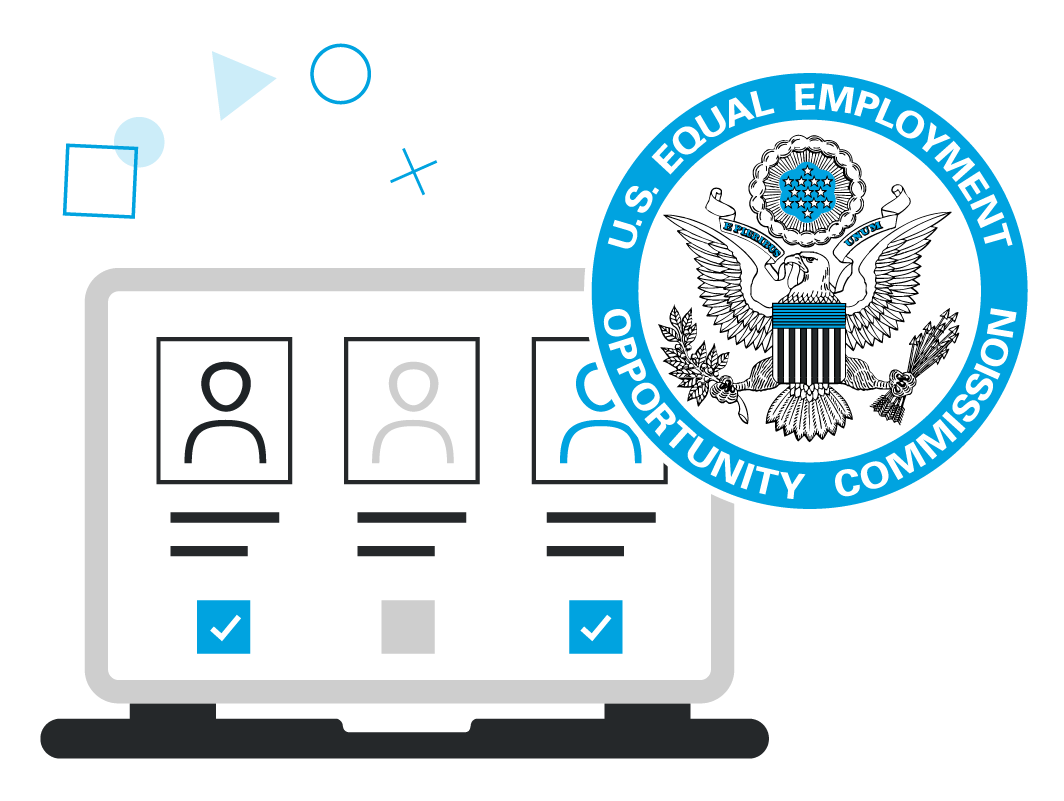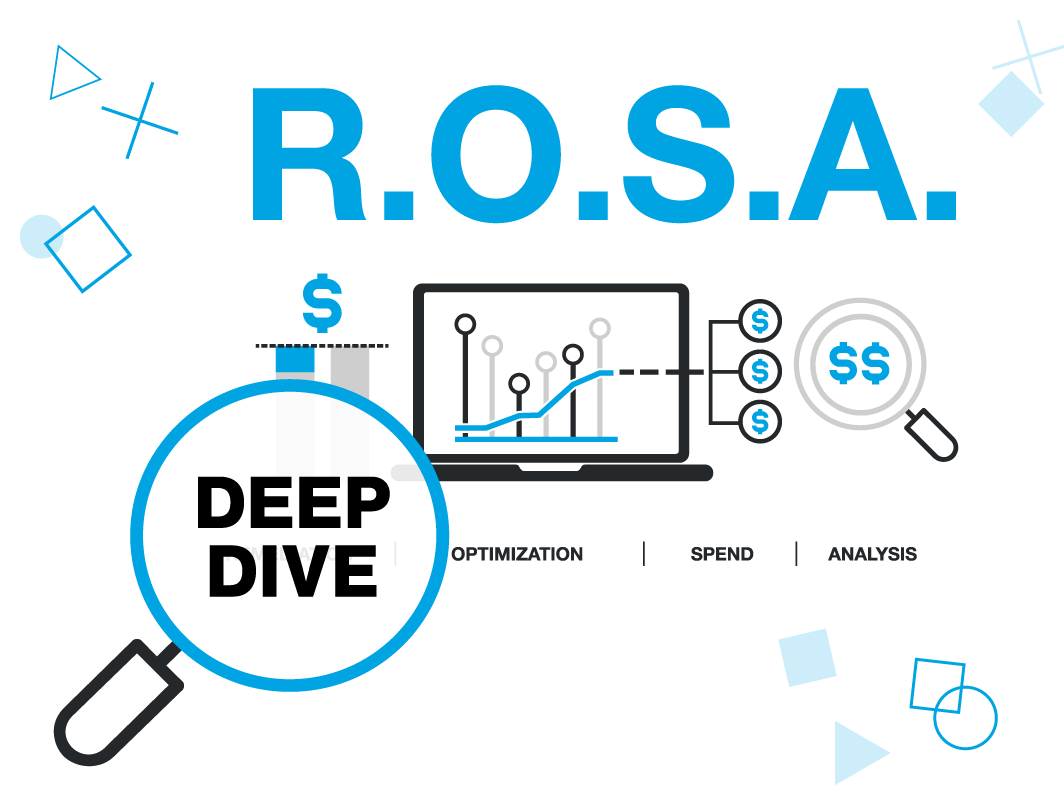
British Columbia Poised for Pay Transparency Legislation
On March 7, 2023, British Columbia (B.C.) introduced new pay transparency legislation designed to help close the gender pay gap in the Canadian province. When passed, the new legislation, Bill 13, The Pay Transparency Act, supplements the current complaints-based system with proactive reporting and pay transparency requirements. But critics suggest that the proposed new law doesn’t go far enough towards ensuring equal pay for work of equal value.
Pay equity in Canada today
Currently, six Canadian provinces, Manitoba, New Brunswick, Nova Scotia, Prince Edward Island, Ontario, and Quebec, have enacted specific pay equity legislation.
British Columbia is one of four provinces, together with Saskatchewan, Newfoundland and Alberta, that have no existing pay transparency or pay equity legislation. At present, B.C. shares the ‘’honors’’ with Alberta for the worst gender pay gap in Canada. Research from Statistics Canada shows that in 2022, women and gender-diverse people in British Columbia earned 17% less than cisgender men for comparable work. The pay gap was greater for people of color, Indigenous people and those with disabilities.
The proposed legislation will require all public and private-sector employers in British Columbia to post wage or salary ranges on publicly advertised jobs, with effect from November 1, 2023. Wage reporting will be gradually introduced. In a first for Canada, the new act is also intended to address the pay gap relating to non-binary people.
In addition, employers will be prohibited from asking candidates about their salary history, or punishing employees who ask for or disclose salary information.
Pay transparency or a push for pay equity?
Reaction to the proposed act has not been lacking in controversy. Critics of Bill 13 have collectively voiced their concern over how far – or not - it goes towards achieving equal pay for work of equal value.
For one, it doesn’t compel employers to close the gender pay gap, in contrast to pay equity legislation enacted in other Canadian provinces, and by the federal government. Second, it is also unclear whether penalties would apply to employers who fail to comply.
What’s more, less than a week after its introduction, a coalition of over 125 leading organizations, academics, and advocates published an open letter to the government of British Columbia. The coalition, urges B.C. to:
- Ensure that pay transparency legislation is robust and effective, while protecting workers, via oversight and accountability mechanisms including fines for noncompliance
- To enact intersectional pay equity legislation across the economy, making it mandatory for employers with 10 or more employees
It also suggests that the current proposed legislation will "continue to tacitly place the burden on women and other equity-deserving groups to contend with their employers for basic fairness’’ as no action is being taken to protect or advance the right to equitable pay.
Senior research economist with Statistics Canada, Marie Drolet, cites numerous issues behind British Columbia’s gender pay gap. For instance, women across Canada earn less money than men, even when working at the same company, indicating barriers to promotion and unequal treatment. She also suggests that it’s more likely women are "segregated’’ into lower paid jobs in the hospitality and non-profit sectors, rather than working in higher paying skilled trades jobs.
In response, MLA Kelli Paddon, the parliamentary secretary for gender equity, has affirmed the B.C. government’s long-term commitment to achieving pay equity.
BC’s Pay Transparency Act requirements
Once the legislation is passed, employers will gradually be required to post pay transparency reports through 2027 as follows:
- November 1, 2023: B.C. government and the six largest Crown corporations: BC Hydro, BC Housing, BC Lottery Corp., BC Transit, ICBC, and Work Safe BC.
- November 1, 2024: organizations with 1,000+ employees
- November 1, 2025: organizations with 300+ employees
- November 1, 2026: organizations with 50+ employees
While compliance might disclose the gender pay gap within individual companies, it won’t provide pay data reporting across industries and professions.
Preparing for pay transparency
As debate continues around the Pay Transparency Act, it remains a first step towards eventual pay equity in British Columbia.
Savvy employers can take advantage of this period to prepare for compliance and understand how to set equitable, explainable and competitive salary ranges.
Analyze your compensation for pay disparities. This gives companies the opportunity to take advantage of the benefits of pay transparency. A pay equity audit is the only way to uncover existing pay disparities. Audit results provide clarity over your workforce composition, before posting job vacancies. Trusaic’s PayParity is a global solution that identifies pay disparities at the intersection of factors which include gender, race/ethnicity, age and disability. Pay gaps are identified within every employee group and at every level of your organization.
Make your pay explainable: There’s more to pay transparency than a "one size fits all’’ approach. Making your pay explainable might require you to go back to basics by justifying each element of your salary range and compensation. Pay equity software can also help employers to eliminate or reduce unconscious bias and other processes affecting pay disparities.
Choose equitable salary ranges for job postings: PayParity includes the Salary Range Finder®, which helps organizations to reduce or eliminate pay disparities by analyzing employee details against labor market rates and internal ranges in real-time. Equitable and competitive pay ranges can be established for current and new positions. This unique tool also helps companies to demonstrate transparent and fair pay practices and mitigate issues arising from wage compression.
Prepare your organization for pay transparency
To understand how PayParity can help you to comply with the Pay Transparency Act and establish fair compensation on your job listings, schedule a meeting with one of our experts today.
Find out how pay equity software can help you to navigate pay transparency regulations. Read our definitive guide to help you to achieve compliance.



